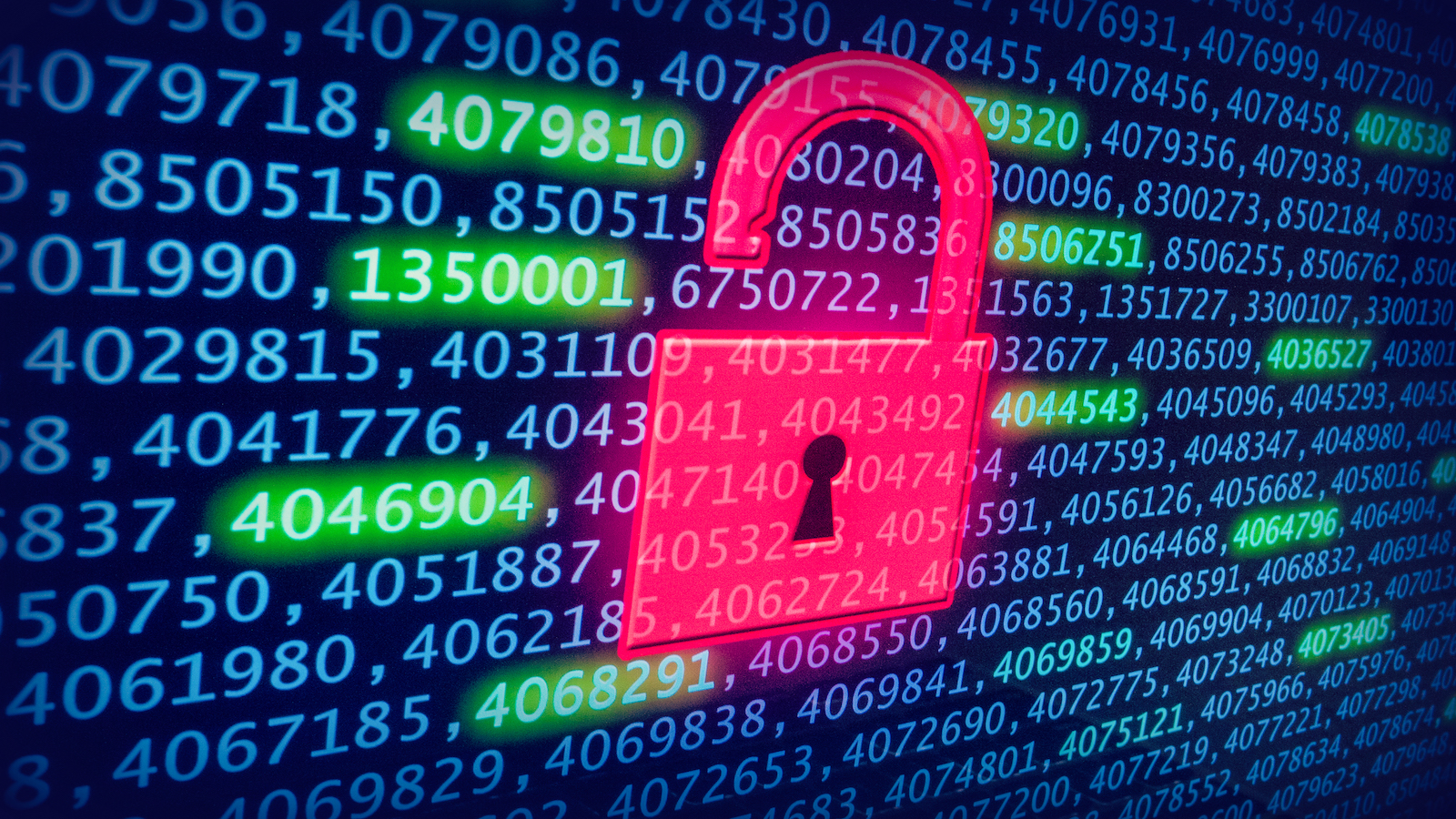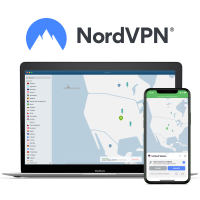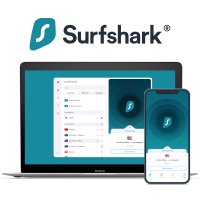Don't lose trust after data breaches – 4 tips to keep your data safe
Put the safety of your data in your own hands

If your data is stolen or compromised in a cyber attack, you may feel disappointed in or resentful towards the company that suffered the cyber attack. After all, your data is in their hands and after it is compromised there are only a few steps you can take to regain your privacy.
This is especially frustrating if you already attempt to keep your data and online activity private online, for example by using a secure VPN.
You're not alone if you've lost trust in a company following a data breach. A survey by IT security service Vercara reveals that 66% of US consumers would not trust a company if it was the victim of a data breach, and 75% of consumers would be prepared to stop shopping with a brand if they suffered any kind of cybersecurity issue.
These findings show just how devastating data breaches can be from a customer perspective. If you are anxious about the safety of your data there are thankfully steps you can take to protect your online life and ensure that, even if hackers get their hands on it, you remain safe.
The best secure VPN: NordVPN
If you're looking to securely browse the internet, NordVPN is the VPN for you. Thanks to its stellar encryption and Double VPN feature, NordVPN has more than earned its super-secure reputation. It's also super fast and has great unblocking power, so it won't slow you down even if you're streaming content. You can try NordVPN out now from $3.09 a month, and it even has a 30-day money-back guarantee.
1. Hide your email
If you sat down and went through how many companies you give your email to in order to use their services, it would likely take hours. If one of these companies gets breached, this may mean that your email becomes fair game for hackers attempting to launch phishing attacks against you to steal more of your data or even your payment or banking information.
Thankfully, it's becoming easier and easier to give a proxy email address when companies ask for your personal details. For example, Apple's Hide My Email automatically asks if you'd like to generate a unique email address when providing it to a company. Other cybersecurity companies, including the creator of the best VPN service NordVPN, offer email masking as part of its password manager NordPass.
By giving a proxy email address, you not only protect your personal data but also make it easy to discover when your data has been compromised. If you get a phishing email sent to the email address you use for a single service, this immediately alerts you that your data has been stolen or sold.
Sign up to get the BEST of Tom's Guide direct to your inbox.
Get instant access to breaking news, the hottest reviews, great deals and helpful tips.
Either way, you can then take steps to further secure your data, whether this is deleting your account or changing your login credentials.
2. Mask your phone number
More and more companies are not only asking for email addresses to use their services, but your phone number as well.
While this can be helpful in some situations, such as receiving text updates on your package being shipped, it can also feel invasive and provide more data that has the potential to be compromised.
This is where phone number masking comes in. Provider of one of the fastest VPNs, Surfshark, recently introduced a service called Alternative Number. This keeps your personal information safe by generating a virtual phone number that you can use to mask your actual phone number.
While it will act functionally the same as your phone number, you can also delete the use of the number if it is compromised, rendering it useless to whoever has got their hands on it.
3. Ship to a dropbox
One of the more frustrating pieces of personal information that can be exposed in a data breach is your home address, as you cannot simply move house if it is exposed. Additionally, giving out your address can feel unavoidable if you are using e-commerce sites.
If you're concerned that your address will be exposed to a data breach, a step you can take to avoid this is by getting your packages shipped to a dropbox, for example an Amazon Locker.
While your billing address will remain the same as your home address, this at least obscures your address as it will not be verifiable that your billing address is your home address.
4. Use a fake identity
This may sound shady, but I promise it's more legit than it sounds. Thanks to some security services, you can now create an online-only alias, meaning you never have to give out your personal information if you don't want to.
One such service comes from Surfshark, the provider behind the best cheap VPN on the market. The company offers an Alternative ID service for free with all of its security bundles.
Alternative ID allows you to create an entirely new identity for use online, including a new email address. You can use the generated data on sites you don't trust, keeping your real personal information safe in the event of a data breach.
This means that even if a company you use falls victim to a cyber attack, your personal information will not be exposed.
The best VPN with data masking: Surfshark Despite being one of the cheapest VPNs around, Surfshark is certainly no slouch when it comes to privacy and security. This VPN proves that price and quality are certainly not synonymous by being super fast, super secure, and offering a whole host of added cybersecurity extras as part of its offering. Try Surfshark out from $2.19 a month, with a 30-day money-back guarantee.

Olivia joined Tom's Guide in October 2023 as part of the core Tech Software team, and is currently VPN Commissioning Editor. She regularly uses VPNs to make sure they deliver what they promise, and specializes in testing VPNs with streaming sites.


